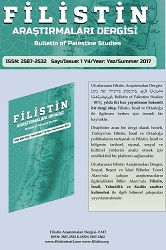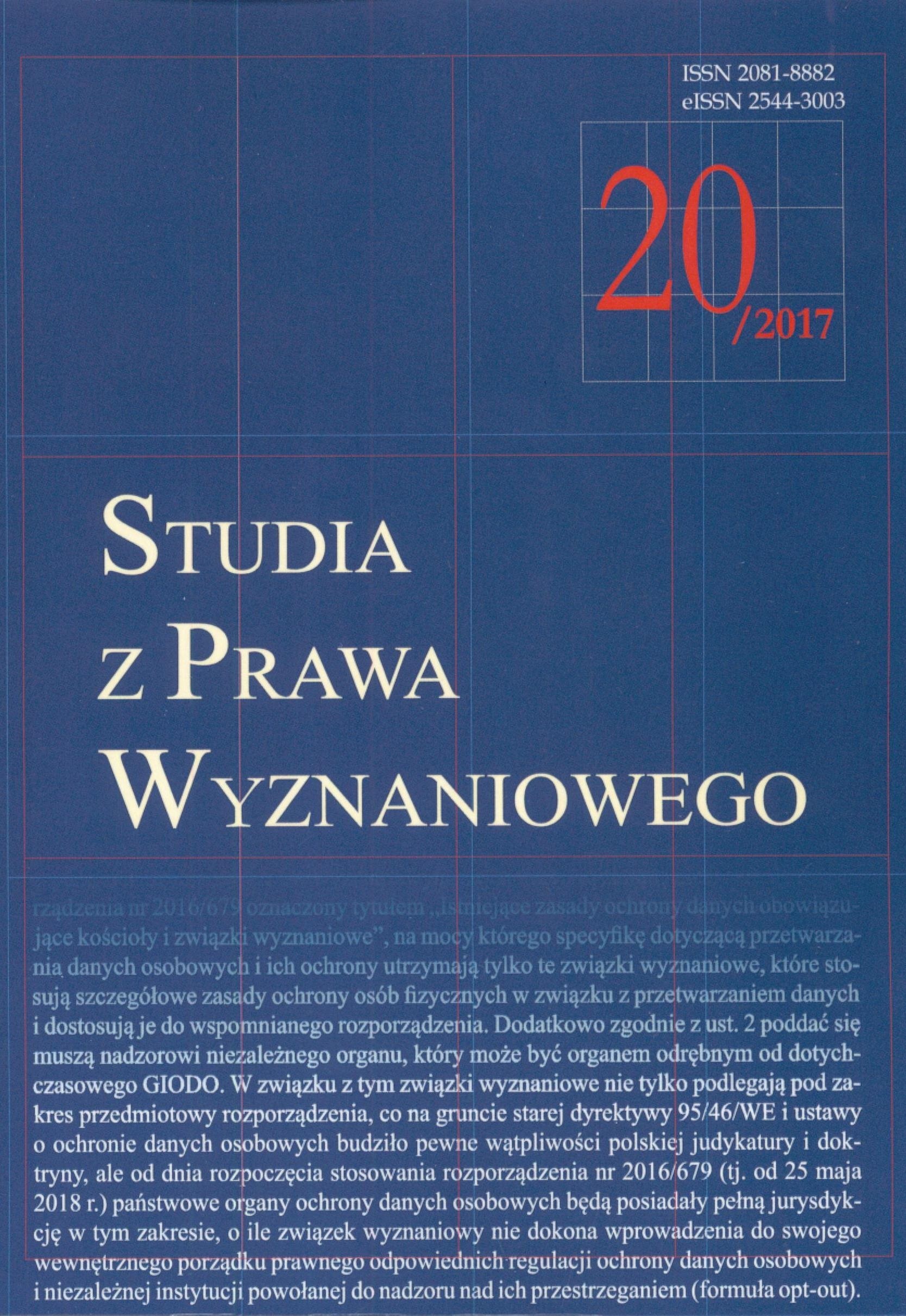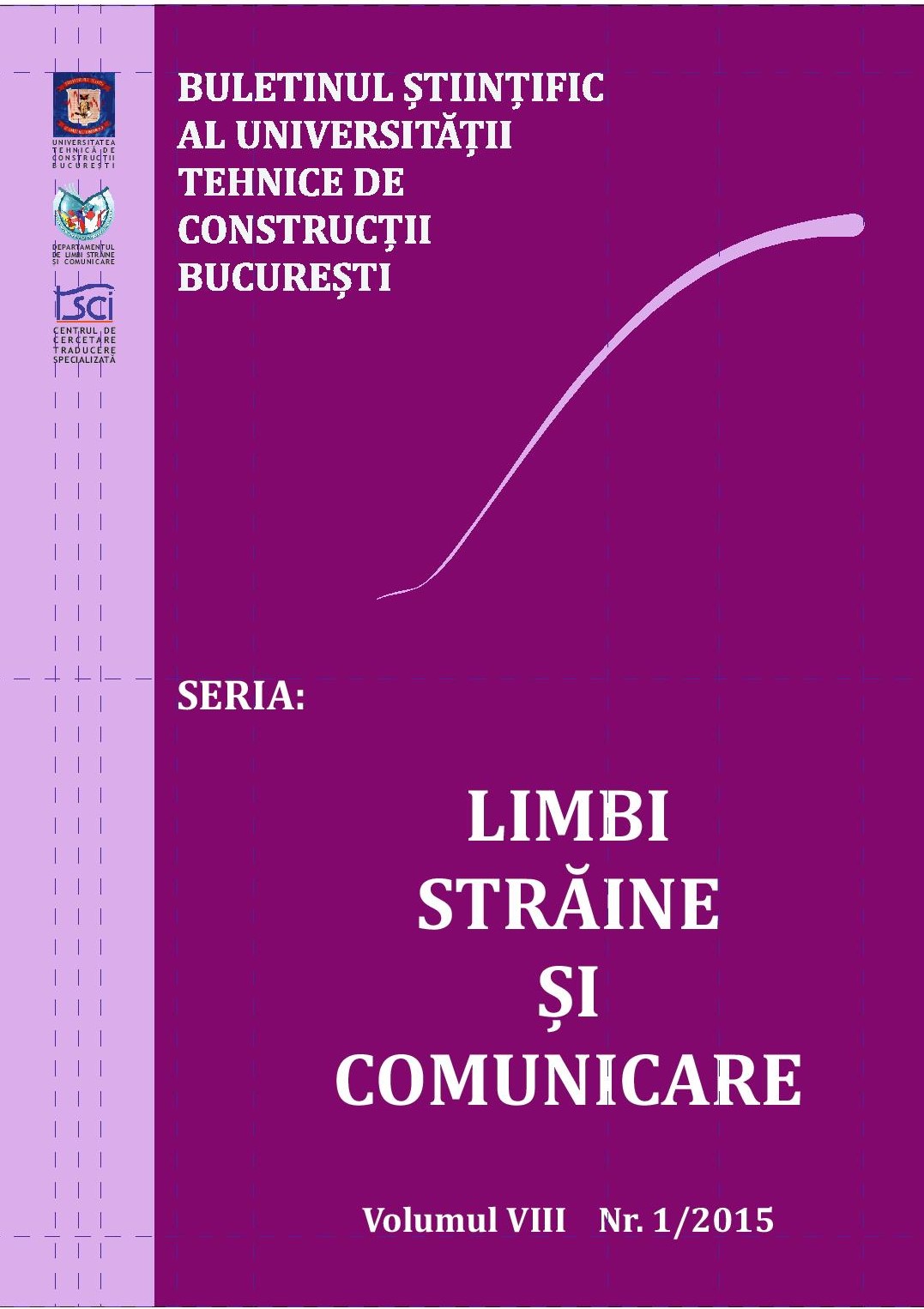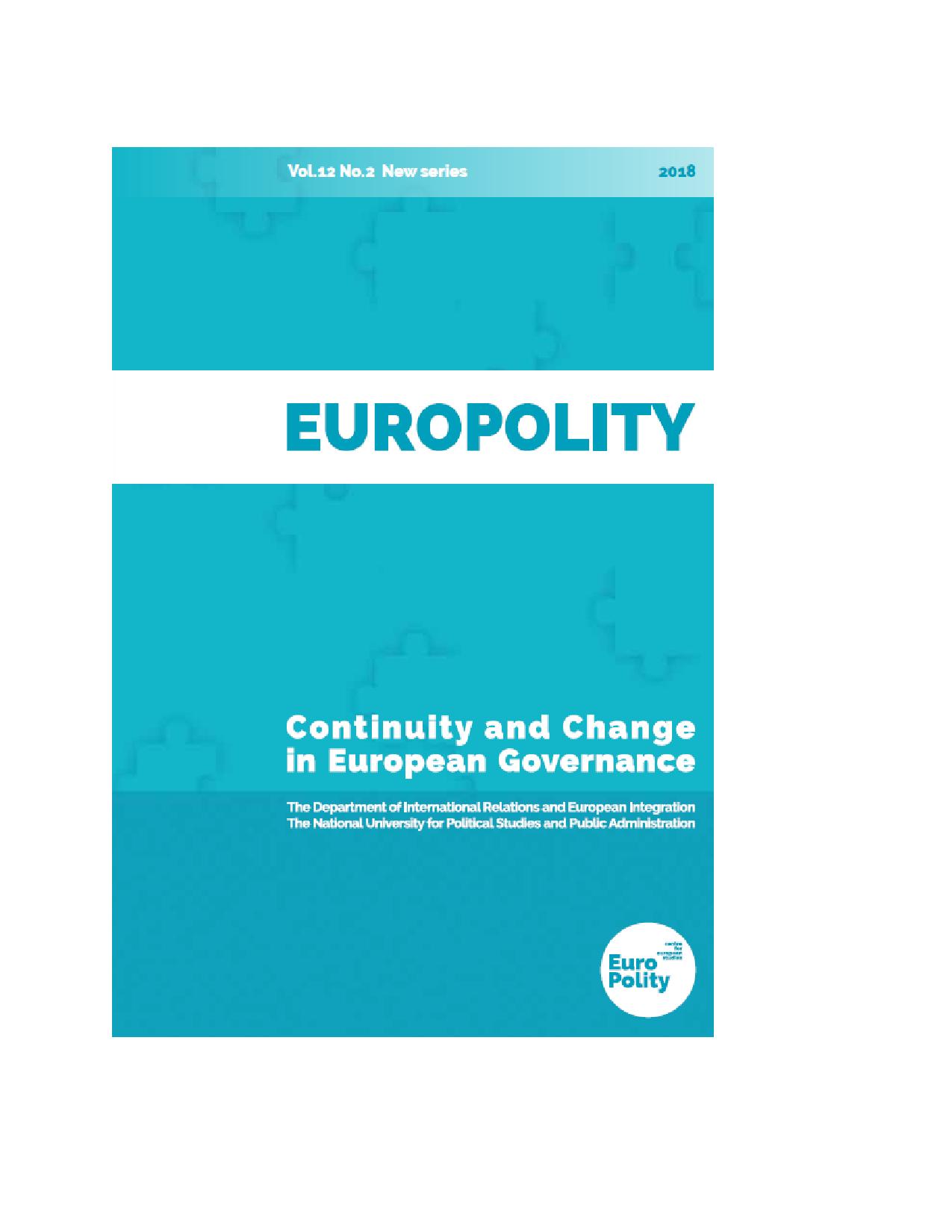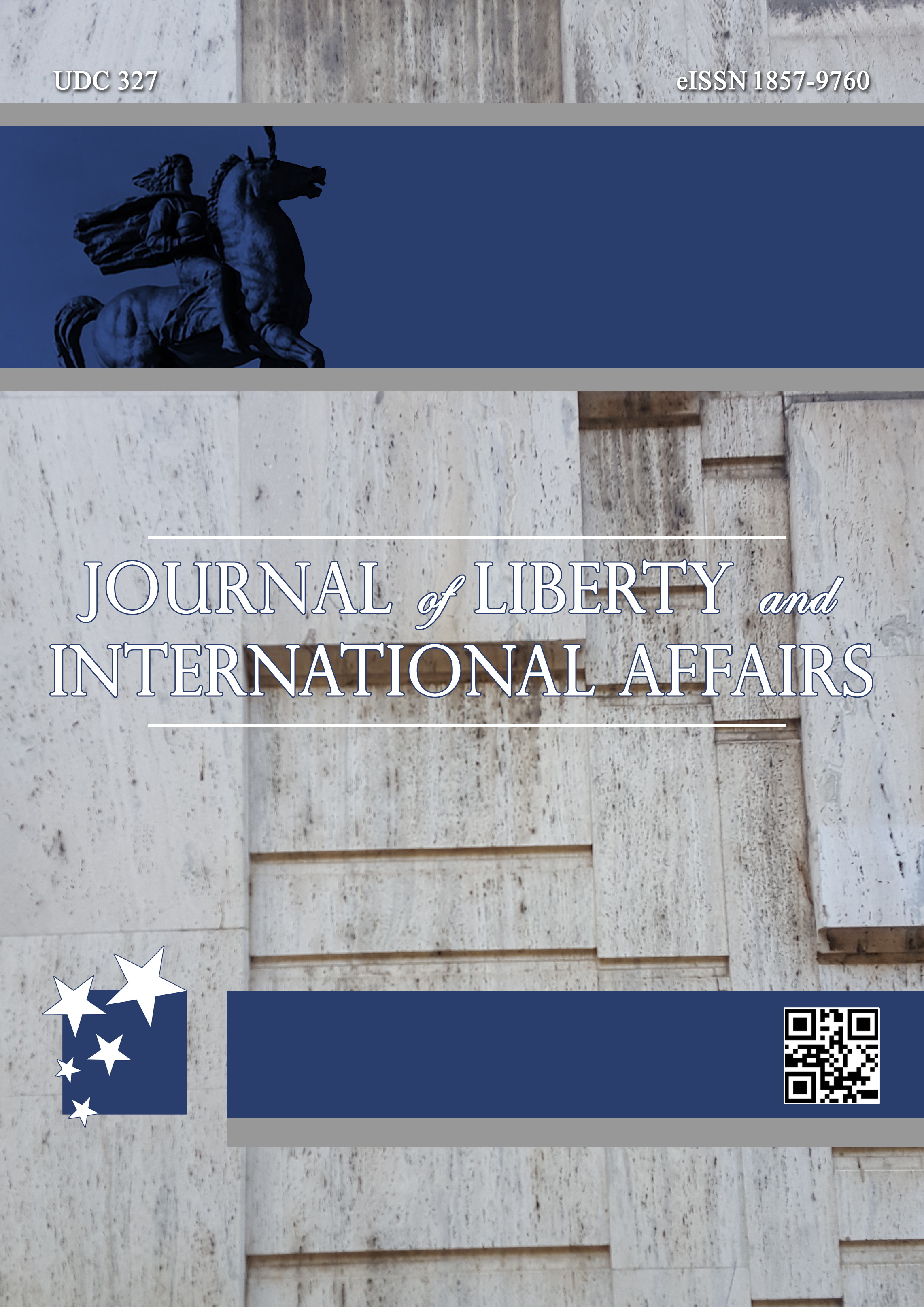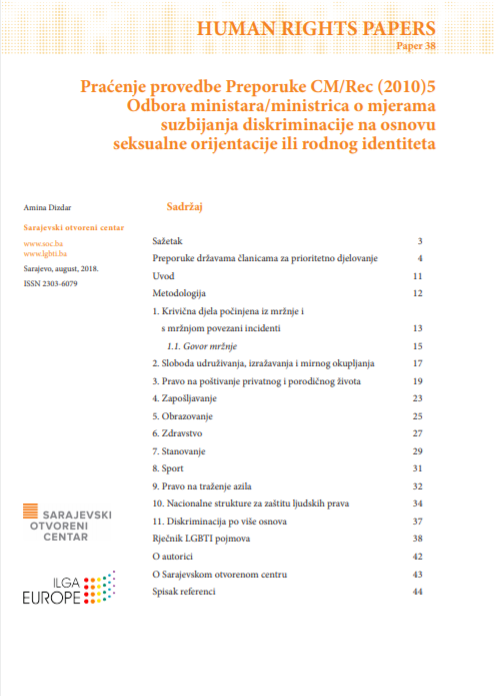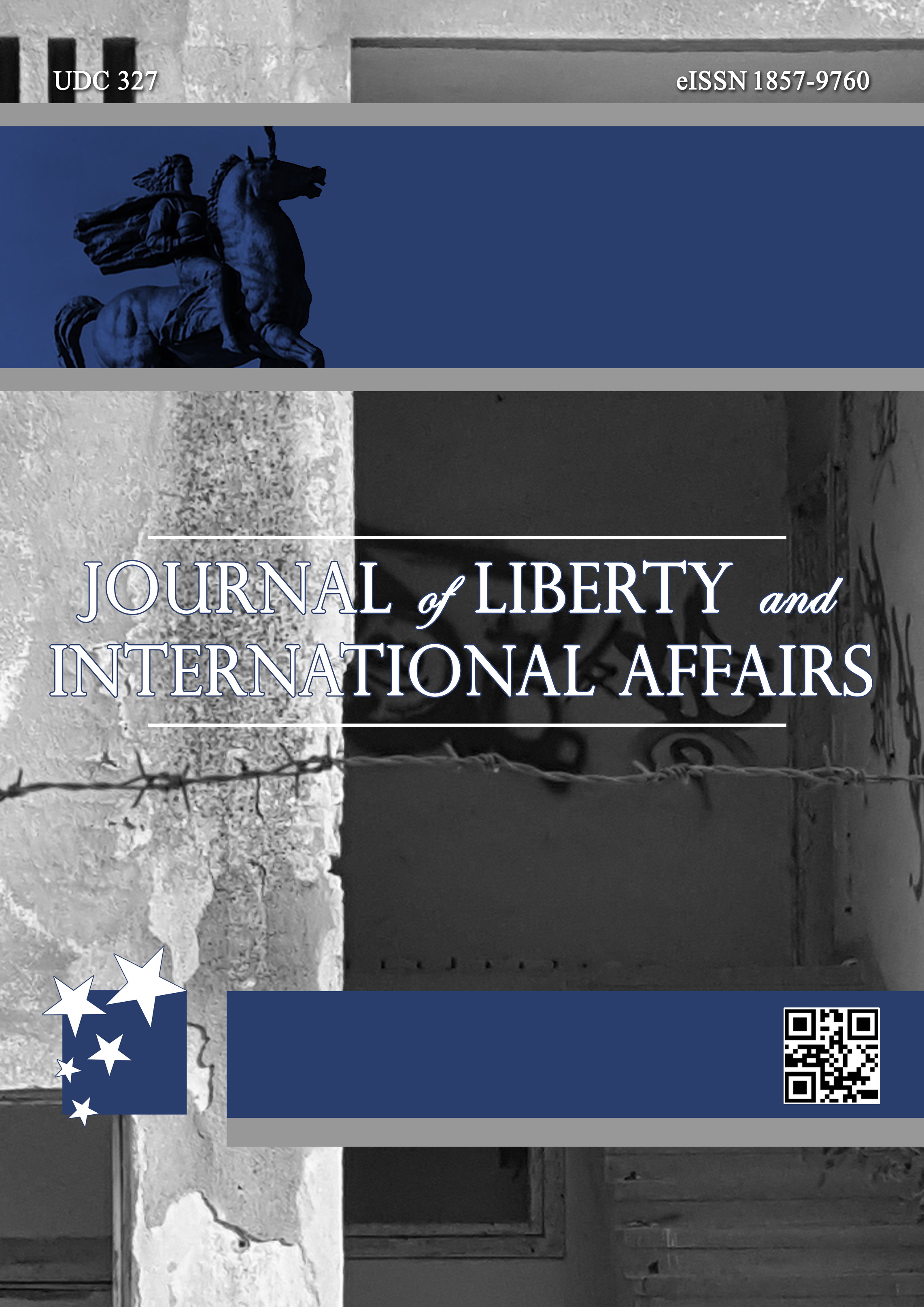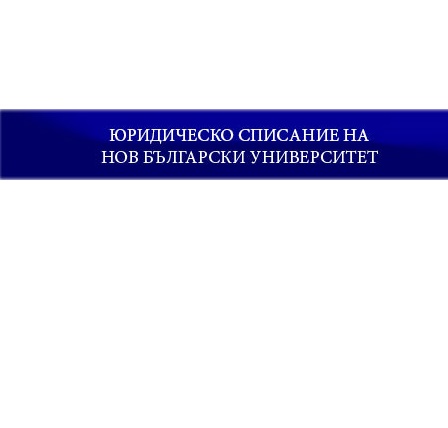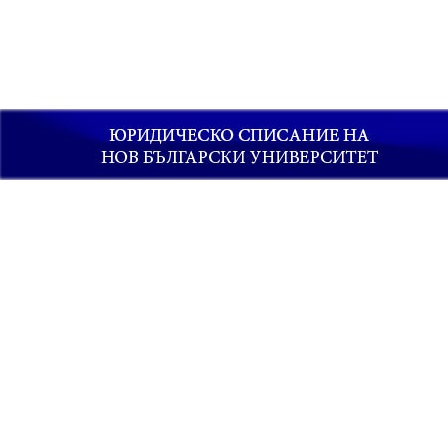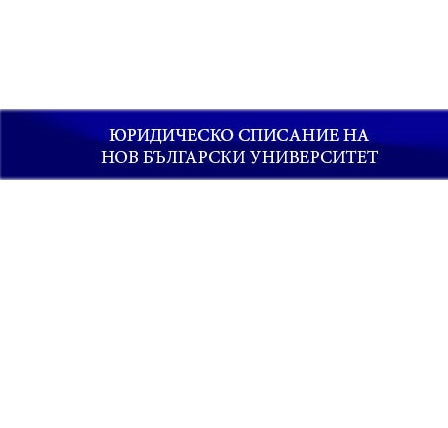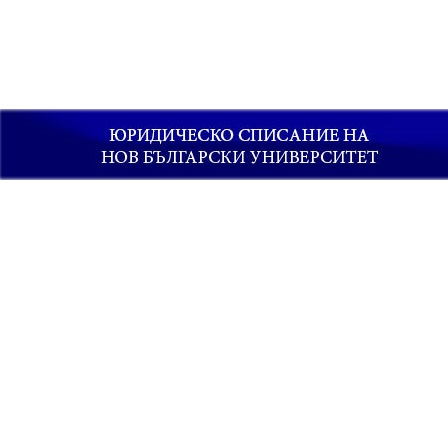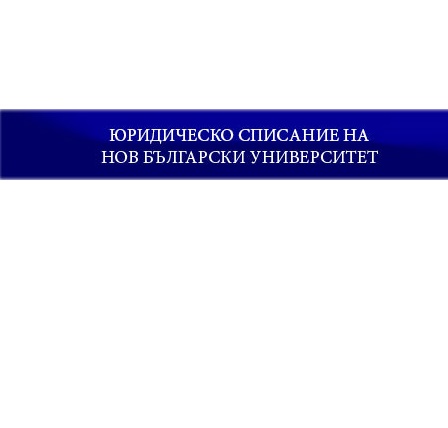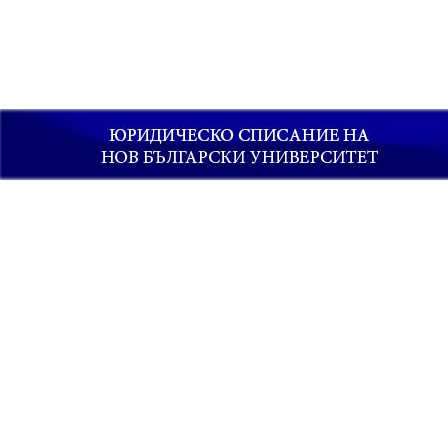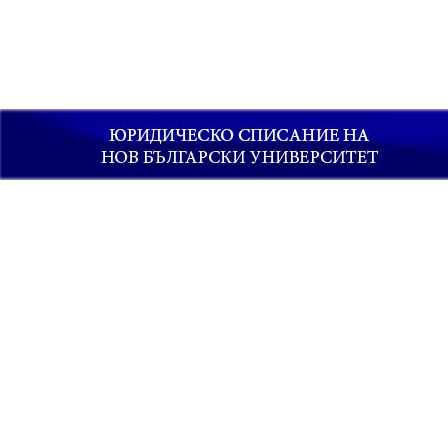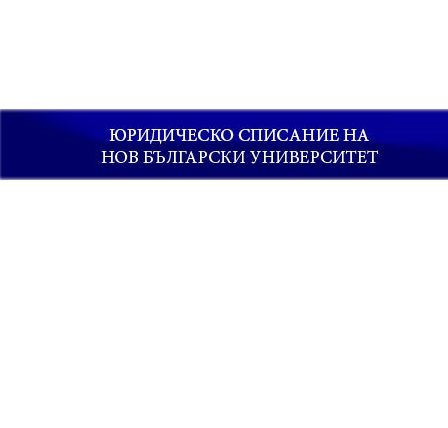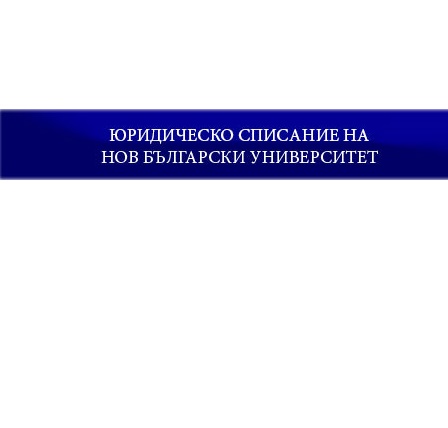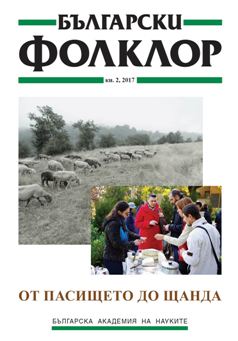
Отглеждането на застрашени от изчезване местни породи в европеизираща се България: фактори, стратегии, наративи
The ecological turn in the Common Agricultural Policy of the EU places strong emphasis on biodiversity and conservation of genetic resources and creates opportunities for subsidized raising of endangered landraces. In Bulgaria, these developments have led to the increase of the number of the certifying breeding associations and the farmers within this particular business niche as well as of the breeds and the total number of the animals of each breed. Recently, growing numbers of actors become interested in the attractive subsidies and further involved in the processes of conservation, recovery, imagination and invention of landraces. However, the subsidies are a scarce resource so the access to them creates competition and conflicts. The actors apply various strategies in order to obtain subsidies; they strive to build a convincing, legitimate narrative about the origin, the authenticity, the risk status and even the cultural value of the animals while at the same time trying to discredit and de-legitimize the breeds of their competitors. As a result, the struggle for access to the subsidies takes the form of a struggle of narratives.
More...
